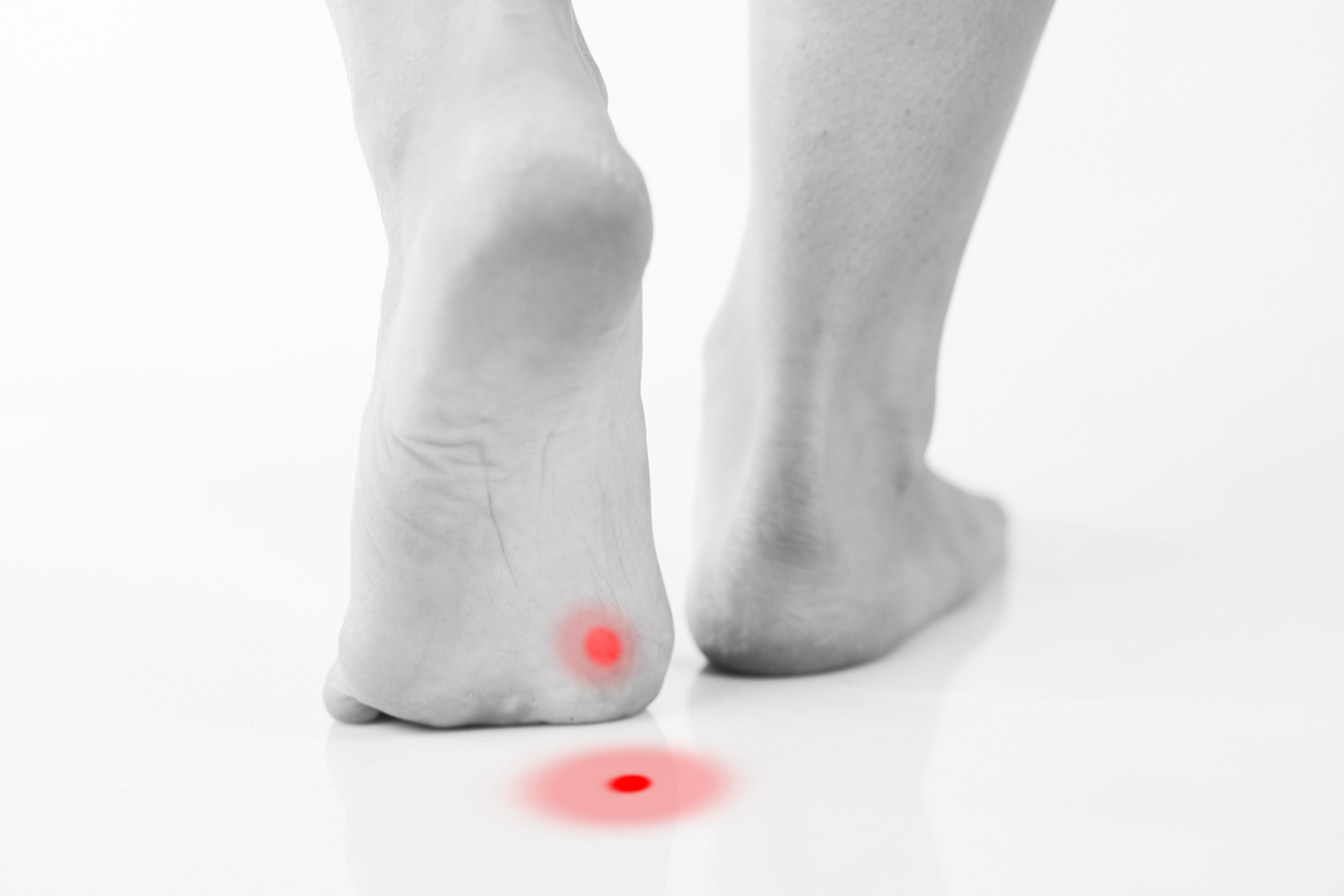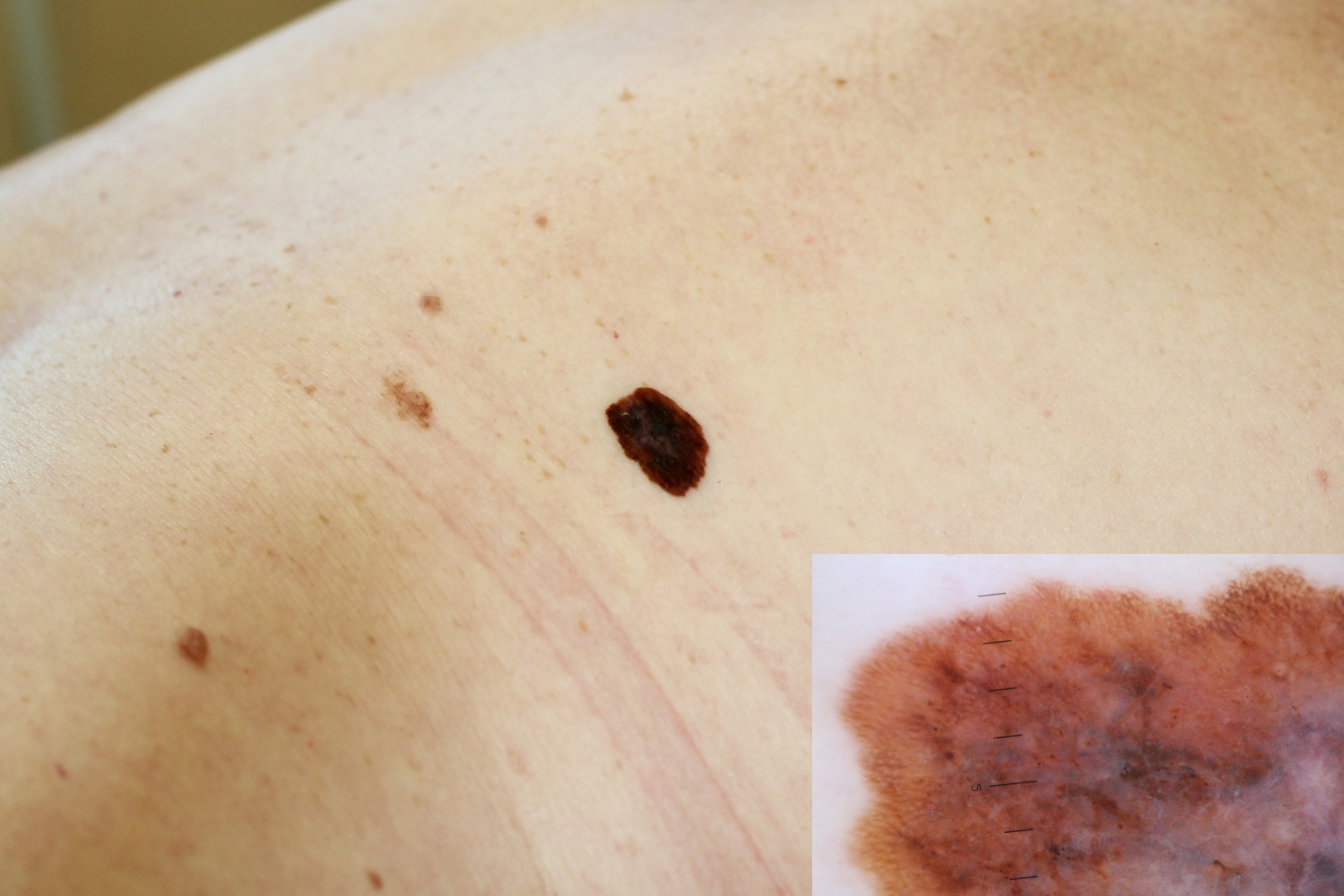Dealing with Skin Irritations: Top Triggers and How to Avoid Them

At Fall Creek Skin and Health Clinic, we understand how frustrating skin irritations can be. They not only affect your appearance but can also lead to discomfort and impact your overall well-being. Whether you're dealing with acne, eczema, or other skin conditions, identifying the triggers is essential in managing and preventing flare-ups. Here’s a guide to some of the top triggers of skin irritations and tips on how to avoid them.
1. Allergens
One of the leading causes of skin irritations is allergens, which can be found in various forms, including pollen, dust mites, and certain foods. Allergic reactions often manifest as redness, swelling, or itching. To minimize your exposure to allergens, consider using hypoallergenic products for skin care and laundry. It’s also helpful to keep your living space clean, using air purifiers to help reduce airborne allergens.
2. Harsh Chemicals
Many skin care products, household cleaners, and personal care items contain harsh chemicals that can irritate the skin. Ingredients like sulfates, parabens, and synthetic fragrances can lead to reactions, especially for those with sensitive skin. Opt for natural or organic products without these irritants. Always do a patch test when trying a new product to gauge your skin’s reaction before fully incorporating it into your routine.
3. Temperature Extremes
Sudden changes in temperature, whether hot or cold, can wreak havoc on your skin. Winter’s dry, cold air can strip your skin of moisture, while heat can lead to sweating and clogged pores. To combat this, ensure you use a good moisturizer to keep your skin hydrated year-round. In colder months, consider using a humidifier in your home to maintain moisture levels in the air.
4. Stress
Stress is not only a mental health concern; it can also manifest physically, often leading to skin irritations such as acne or eczema flare-ups. Finding effective stress management techniques is crucial. Activities like yoga, meditation, and regular exercise can help reduce stress levels, contributing to better skin health.
5. Dietary Choices
What you eat can significantly influence the condition of your skin. Foods high in sugar and refined carbohydrates can cause inflammation, leading to breakouts. On the other hand, a balanced diet rich in fruits, vegetables, omega-3 fatty acids, and antioxidants can enhance your skin health. Staying hydrated by drinking plenty of water is equally important in maintaining skin elasticity and combating dryness.
6. Sun Exposure
Excessive sun exposure can lead not only to irritation and rashes but also increases the risk of serious skin conditions. Always apply a broad-spectrum sunscreen with at least SPF 30 before stepping outside, and reapply every two hours, especially during prolonged sun exposure. Wearing protective clothing and seeking shade can also prevent skin damage.
Conclusion
At Fall Creek Skin and Health Clinic, we believe that education is vital in managing skin irritations. By understanding the various triggers and taking preventative measures, you can effectively minimize your risk of flare-ups. If you continue to experience skin irritations, don’t hesitate to reach out to our clinic for expert guidance and treatment options tailored to your specific needs. Your skin health matters, and we’re here to help you achieve the best version of yourself.



Need Our Services?
Book a free consultation

Our promise is to offer high-quality medical attention at a fair price in a clean, friendly, and professional environment.
QUICK LINKS
BUSINESS HOURS
- Mon - Thu
- -
- Friday
- -
- Saturday
- Appointment Only
- Sunday
- Closed
All Rights Reserved | Fall Creek Skin and Health Clinic |
